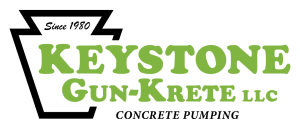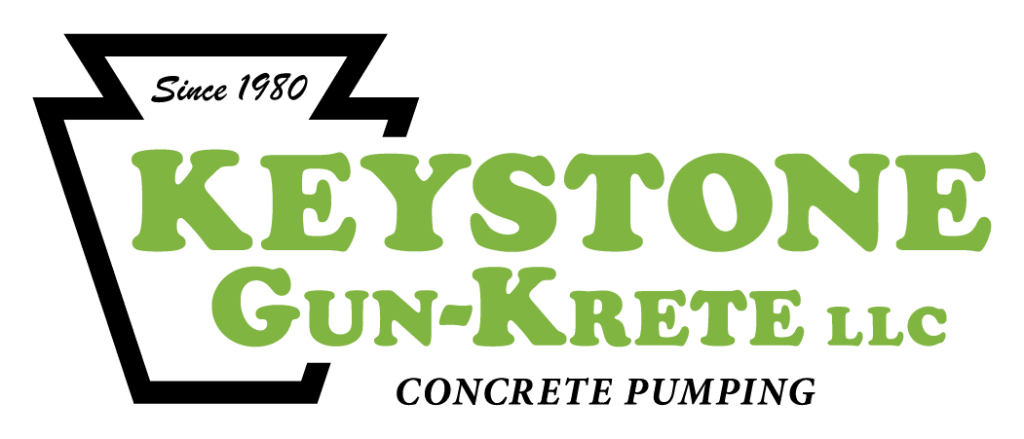Understanding Permit Requirements for Concrete Leveling in PA: A Comprehensive Guide
You’re casually walking across your driveway, enjoying the beauty of the sun shining on your freshly mowed lawn and the birds chirping in the background. Suddenly, you’re flat on your face! You just tripped over your uneven concrete.
Uneven concrete surfaces are more than just an eyesore. They pose serious trip hazards, lead to water pooling and damage, and even decrease your property value. If you're considering addressing these issues, understanding the permit requirements for concrete leveling in PA is a crucial first step. Navigating the local regulations can feel overwhelming, but you don't have to do it alone.
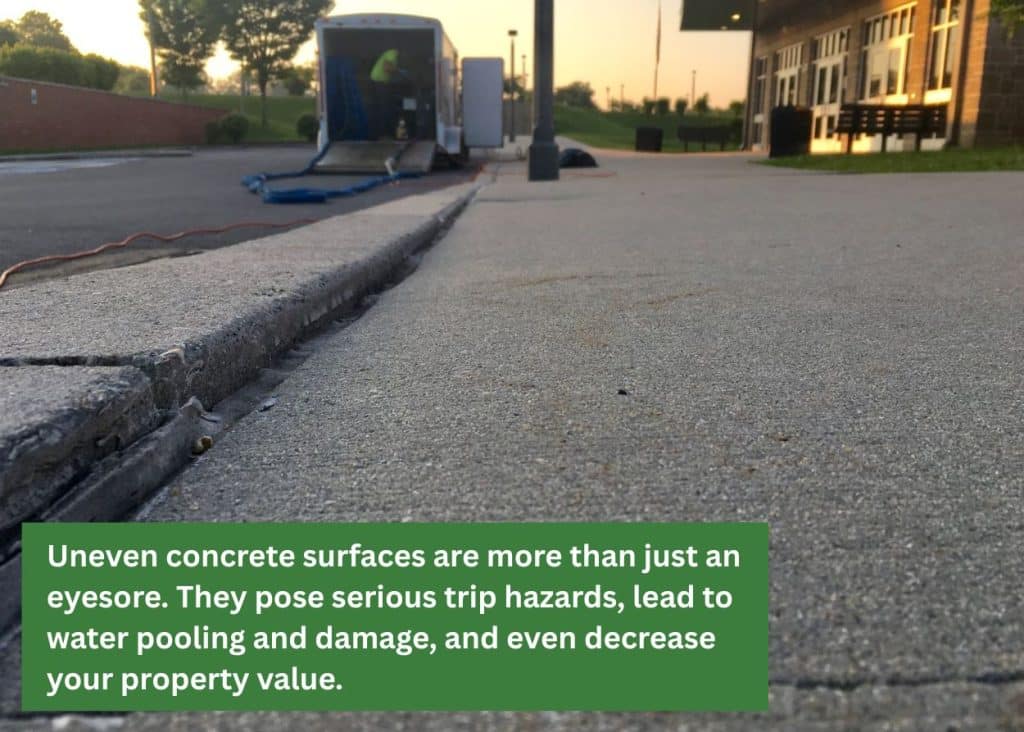
At Keystone Gun-Krete, we specialize in providing seamless concrete leveling solutions throughout Pennsylvania, Delaware, and Maryland. Our expertise ensures that every project, big or small, adheres to all necessary local ordinances, giving you peace of mind and a safe, level surface.
So if you’re thinking about fixing that sunken sidewalk or uneven patio slab, concrete leveling might be just the fix. But before you start, you’re probably wondering—do I need a permit for this in Pennsylvania?
This comprehensive guide will walk you through the essential aspects of permit requirements, helping you understand the process and avoid potential pitfalls.
What Is Concrete Leveling, And How Is It Different from Replacement?
Concrete leveling—also called slabjacking or mudjacking—raises sunken concrete without tearing out the old slab. At Keystone Gun-Krete, we do this by pumping a specialized material (polyurethane foam) underneath the surface to lift it back to grade. Polyurethane foam is not only fast and minimally disruptive but also offers long-term stability by addressing the soil voids beneath the slab.
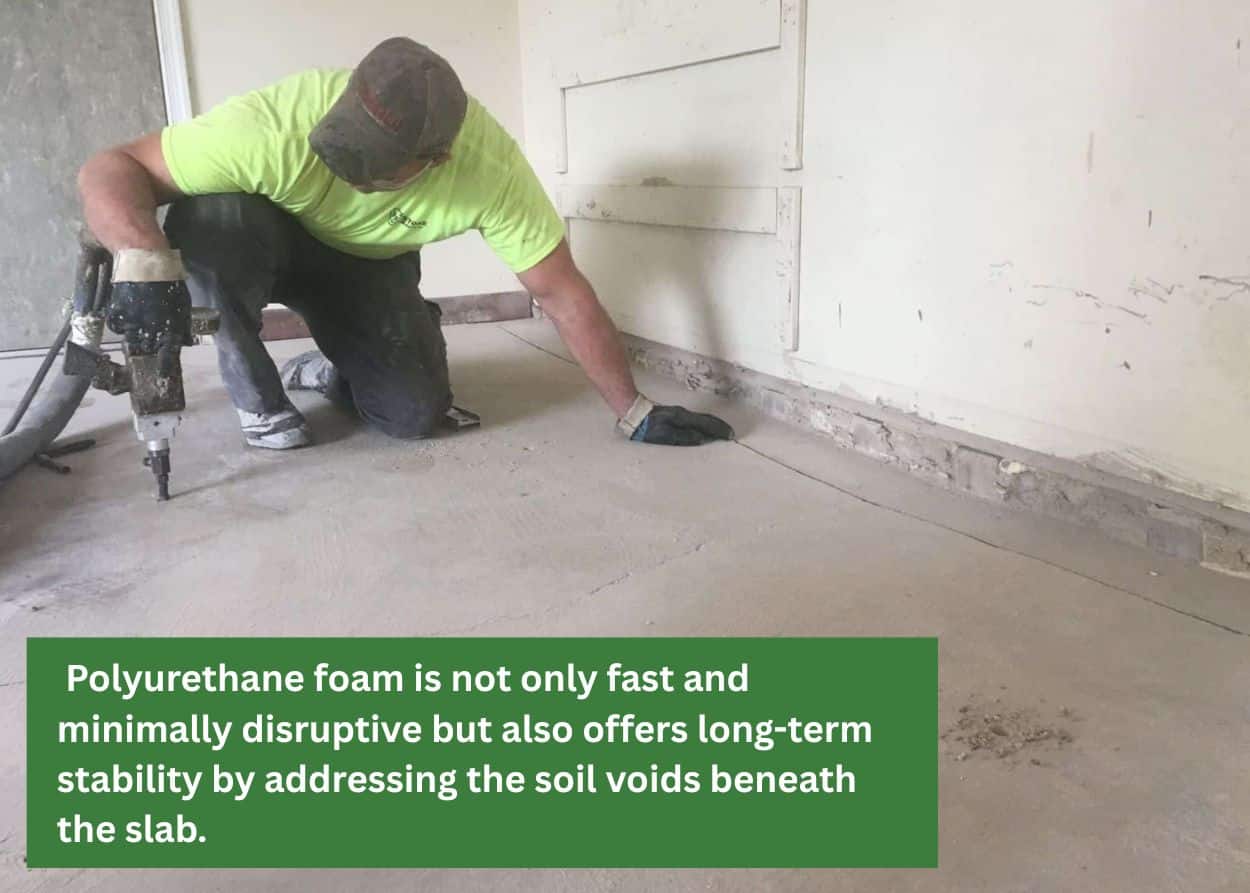
It’s fast. It’s less invasive. And it saves you the cost of ripping everything out.
That’s what makes it different from full replacement. Leveling restores what’s already there, without changing the structure itself. This means you avoid the mess and disruption of demolition, the expense of new materials, and the time it takes for new concrete to cure. Plus, by choosing to level your existing concrete, you're making an environmentally friendly choice by reducing landfill waste. Our process not only corrects uneven surfaces but also addresses the underlying cause of the settling, ensuring a more stable and lasting repair. You get a fully functional, safe surface, often in just a few hours, ready for use almost immediately after the work is complete.
When Is a Permit Typically Required in Pennsylvania?
Here’s where it gets tricky.
In most Pennsylvania municipalities, you don’t need a permit for minor concrete repairs like leveling a sidewalk or lifting a section of patio if you’re not altering the footprint or drainage.
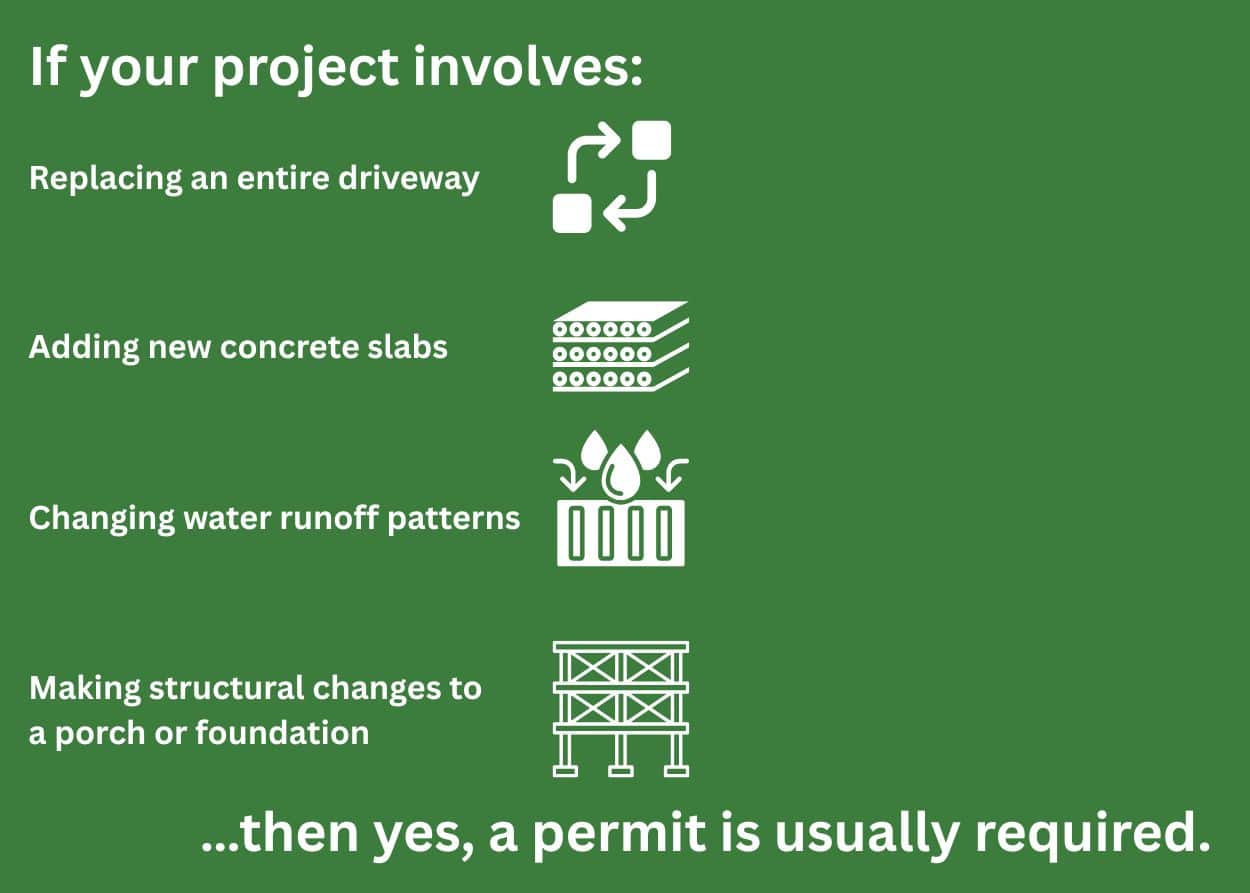
But—if your project involves:
- Replacing an entire driveway
- Adding new concrete slabs
- Changing water runoff patterns
- Making structural changes to a porch or foundation
…then yes, a permit is usually required.
At Keystone Gun-Krete, many of our residential concrete leveling jobs don’t need permits. However, it’s up to you to confirm and secure any necessary permits before proceeding with your concrete leveling project. What’s okay in one PA township might be a big no-no just a few miles away. Getting caught without the proper permit can mean costly fines, project delays, or even having to tear out work. No one wants that.
Why You Should Always Check With Your Local Municipality
Here’s the thing: building codes vary wildly—even from one township to the next. What’s allowed in Lancaster County might not fly in Harrisburg.
That’s why contacting your local building department or township office is a good idea. A five-minute phone call could save you a world of headaches down the road. Why the hassle? Permits keep everyone safe. They ensure work meets local standards. And they protect your property value.
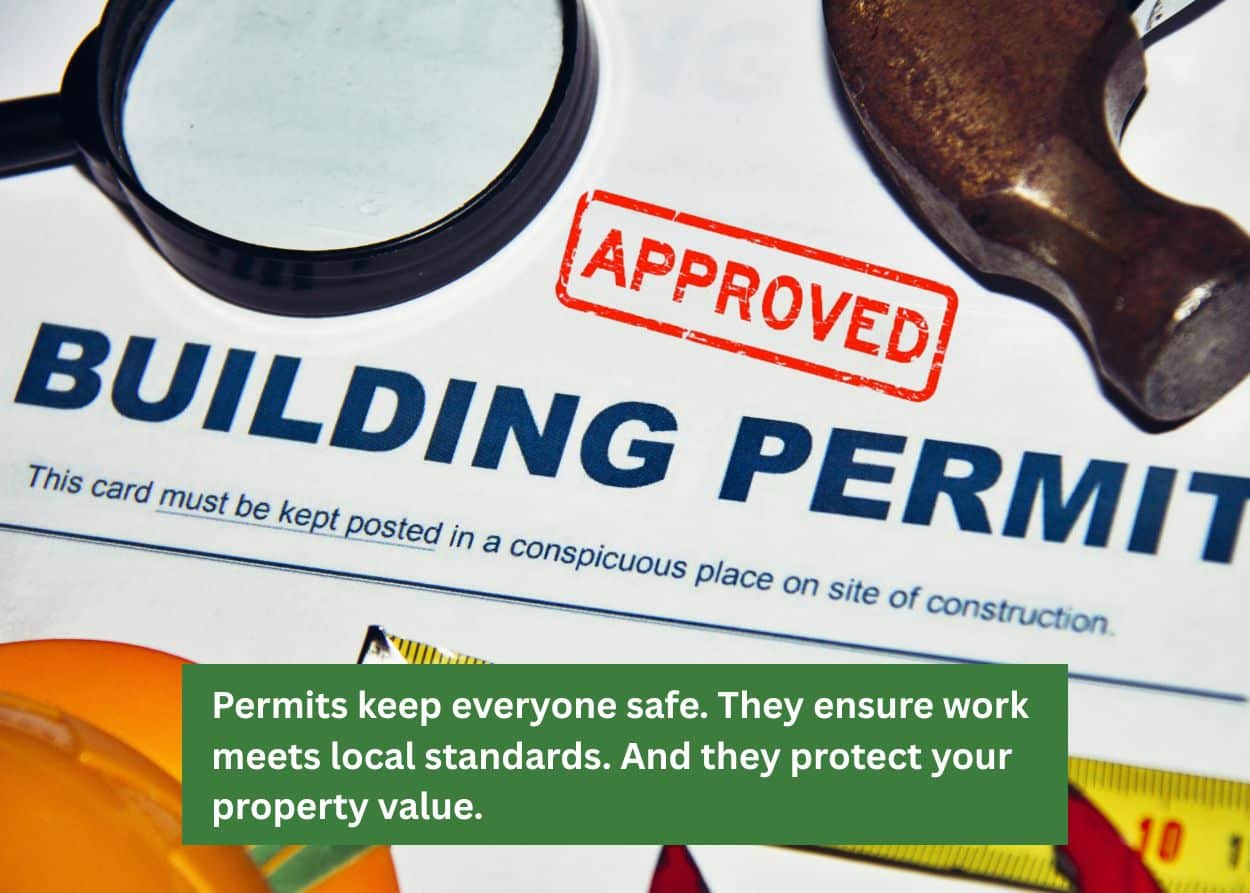
For example:
- In Ephrata Borough, concrete work near public sidewalks usually requires a simple sidewalk permit, even for lifting. This ensures public safety and proper drainage.
- In Manheim Township, projects that could affect stormwater runoff may trigger a permit review. Think about it. Proper drainage prevents flooding. It protects your foundation.
- In Chester County, HOA rules can apply in addition to township codes. Don't forget your HOA! They have their own rules. Breaking them could lead to fines.
Need help figuring out who to call? Our team at Keystone Gun-Krete has worked all across South Central PA. We're experts in concrete leveling and repair. We've tackled projects from driveway repair in York to patio leveling in Reading. We’re happy to point you in the right direction. Just ask! You can reach us at 717-768-3641 or fill out the form on our contact page.
Sidewalks, Driveways, Patios: What You Should Know
Let’s break it down.
Sidewalks:
If your concrete sidewalk is next to a public street, chances are your township also sees it as its concern. Why? Public safety. Many municipalities want to inspect any concrete work affecting public walkways, even if you're just leveling it. Think of it like this: your sidewalk is part of the public pathway. Any changes need to be safe for everyone. Expect to pull a basic permit. This isn't just about appearances; it's about making sure your concrete repair meets safety standards.
Driveways:
Lifting a sunken section of your concrete driveway? Probably fine without a permit. This is often considered a repair, not a new construction. But if you’re expanding the footprint of your driveway, adding new sections, or installing drainage solutions—that’s a different story. These changes often require approval first. Why? Because they can impact stormwater runoff or even connect to public roads. Suppose your driveway connects to a state highway. In that case, you'll definitely need a Highway Occupancy Permit from the PA Department of Transportation. Don't get caught without the right paperwork; fines can be costly.
Patios:
Most backyard concrete patio leveling projects fly under the radar. This is typically private property, less likely to impact public areas. Unless they’re attached to the house, elevated (over 30 inches, for example), or part of a larger remodel. Building codes often kick in for elevated structures or those integrated with your home's foundation. A permit is almost always required if you're building an outdoor living space with a roof or walls.
But again… always check. Local regulations can vary. It's always best to contact your local building department or zoning office. A quick call can save you headaches later.
What Happens If You Skip the Permit?
In one word? Trouble.
You could be hit with fines or a stop-work order.
You might be forced to redo the work—at your own expense.
If you're selling your home, unpermitted work can delay settlement or require expensive fixes. We’ve had customers come to us after they tried to DIY a leveling job or hired someone without checking local rules. Trust us—it’s not worth the risk. Permitting for concrete projects, especially anything involving structural changes or significant repairs like concrete driveways or patio slabs, is often a must.
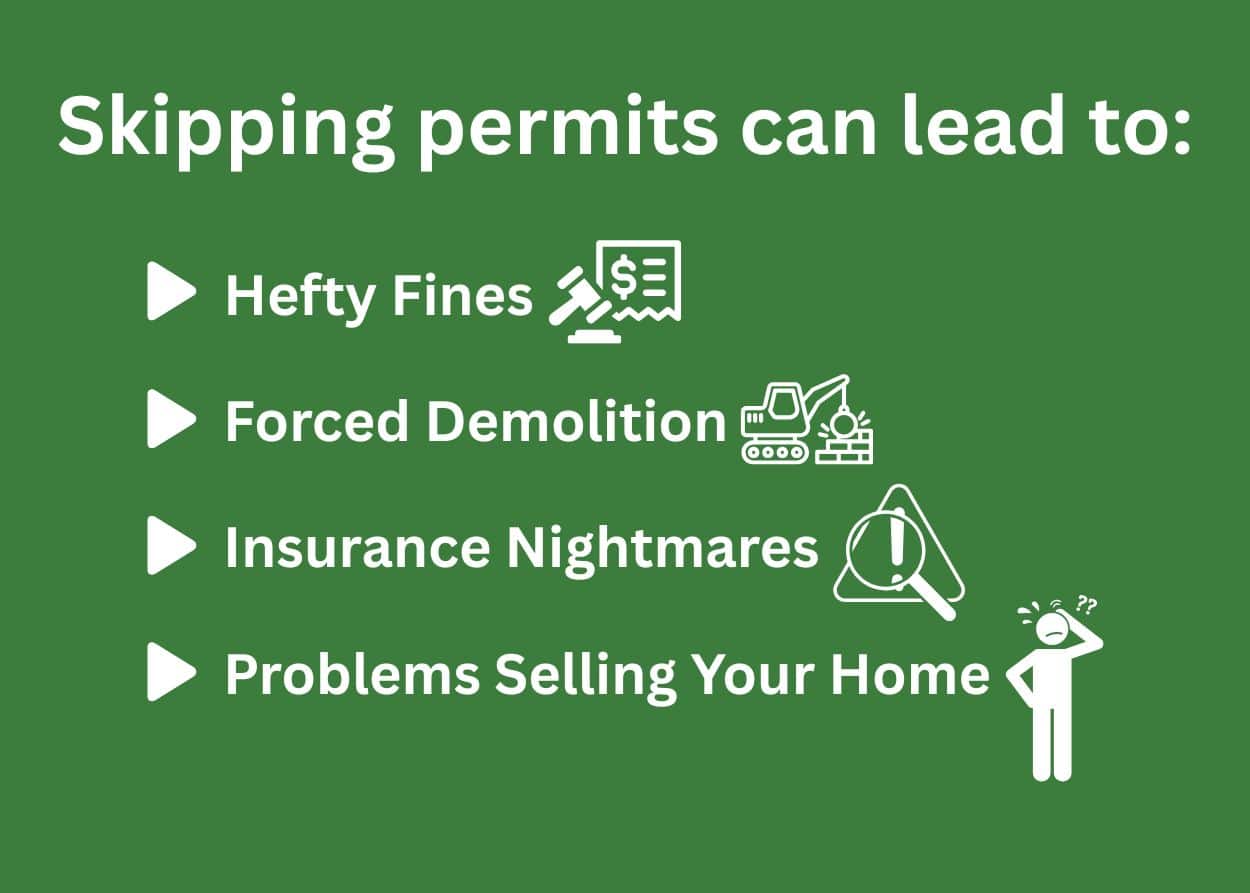
Skipping permits can lead to:
- Hefty Fines: Cities can issue daily fines until the issue is resolved.
- Forced Demolition: Imagine having to tear out your new work!
- Insurance Nightmares: Your homeowner's insurance might not cover damages related to unpermitted work.
- Problems Selling Your Home: Unpermitted changes can scare off buyers or lower your home's value.
Final Word: Don’t Guess. Ask.
Concrete leveling is one of the simplest ways to fix uneven surfaces around your home. But even simple jobs can come with red tape. The smart move? Call your local building department. It's better to be safe than sorry. Skipping a permit can lead to fines, delays, or even having to redo the work. You want your project to go smoothly.
If you’re looking for a reliable concrete leveling contractor in our service area (Pennsylvania, Delaware, or Maryland), give Keystone Gun-Krete a call! While we don’t handle the permitting part of the process, we’ve been handling concrete pumping, shotcrete, and slabjacking services since 1980, and we’d love to help you with your project!
Have a concrete leveling project in mind? Let’s talk.
Contact us today to schedule an estimate and get expert help every step of the way.
